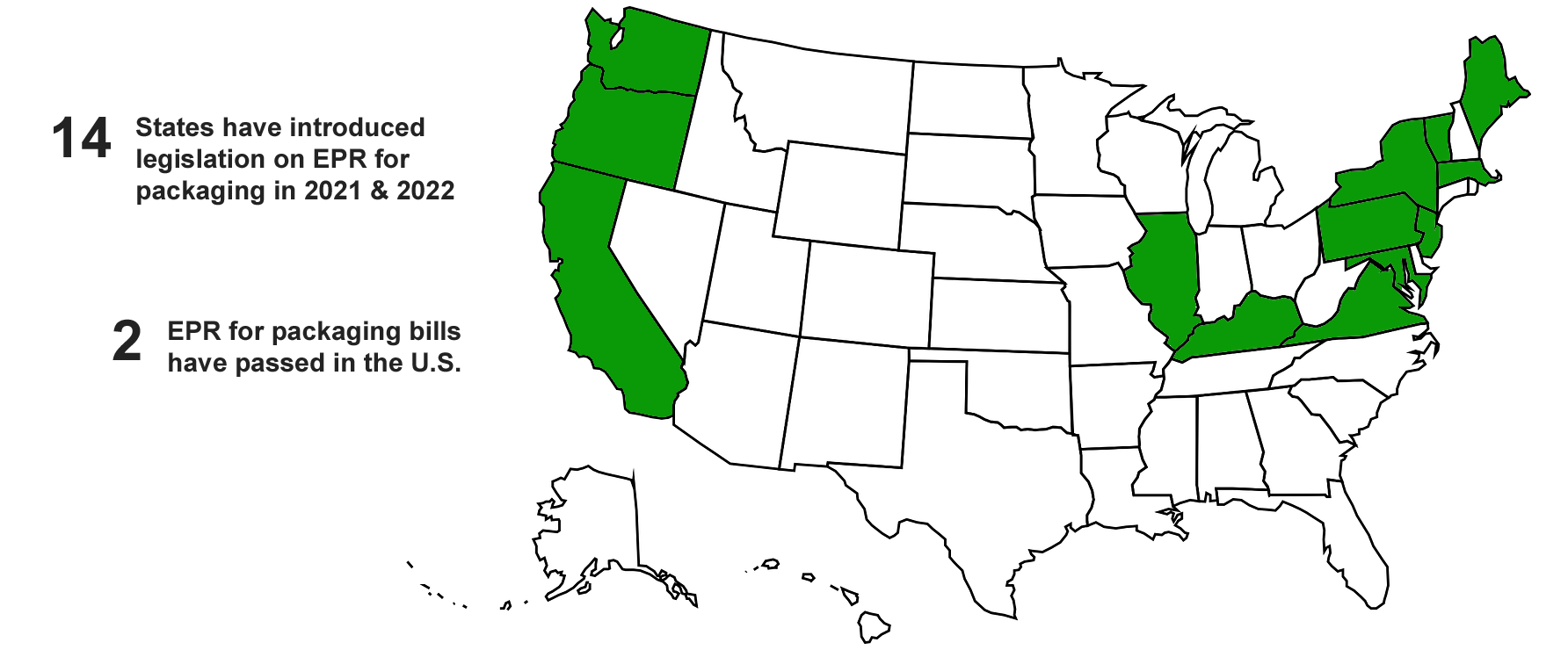Circular Economy: Sorting and Mitigating Plastic Waste Leakage
The current state of recycling plastic is generally more expensive compared to simply employing virgin material. This higher expense is due mainly to the cost of labor involved in sorting recycled materials into a purity level that allows for a sellable and reliable feedstock. To reduce costs and make recycled material more competitive in an open marketplace, we need to increase the efficiency of sorting through better mechanical separation and boost consumer education to reduce the amount of contaminants that need to be removed from the recycling stream. Government regulations will most likely be necessary to ensure that the components going into the recycling stream are well-identified and are engineered to be recycled. Adding a tax on virgin material and difficult to recycle components should help to reduce the cost differentiation between easily recycled packaging made from polyethylenes and polypropylenes that already have markets for post-consumer goods. Understanding that there will always be some sort of leakage, either through human or process errors, we need to implement some kind of insurance policy to ensure plastic does not contaminate the natural environment. One such option is an additive like Smart Plastic which changes the molecular structure of the plastic product it's added to allowing the product to degrade over time with its final life containing zero micro-plastics.
Adoption of EPR laws is on the rise in the U.S. Image Courtesy: Portco.com
Innovation is not free. Yet, to make this market competitive, at some point, and until we can fully implement these technologies, there will need to be some subsidization. Further, legislative action governing “extended producer responsibility (EPR),” such as what we have seen in Oregon and Maine and what is being finalized in multiple additional states, is an excellent start to incentivize innovation in this space. With EPR laws on the books, companies will have economic incentives to look for alternative packaging that can be recycled. The market for recycled products and packaging and the infrastructure needed to collect this material and achieve a circular life cycle can be driven by laws. Still, it can be accelerated with consumers demanding the brands they trust to take an end-of-life approach in the products they produce. There is no such thing as "trash" on this earth; instead, it's feedstock for something new.
See prior articles in this series on the circular life of plastics:
The Facts About Plastics
Circular Economy: Beginning with the End in Mind
A Pathway to a Second Life for Plastics

